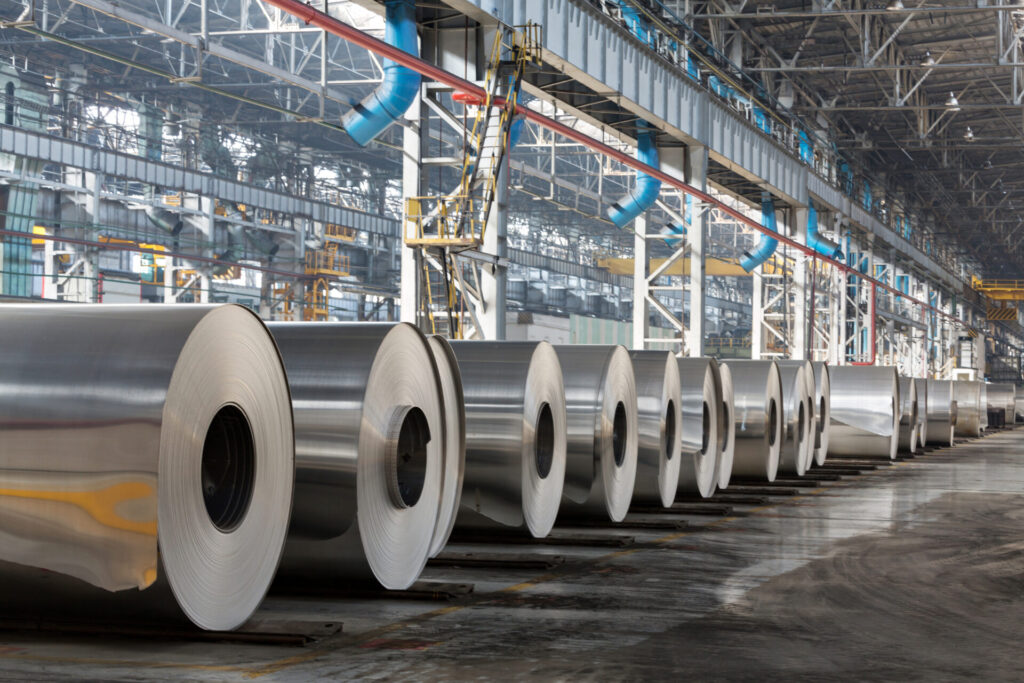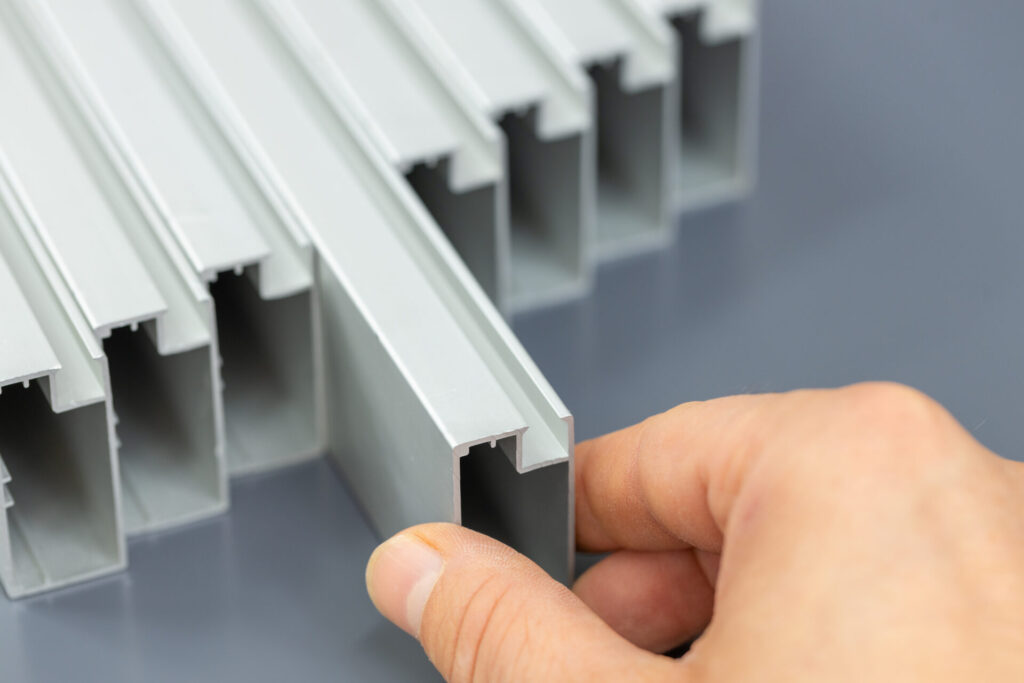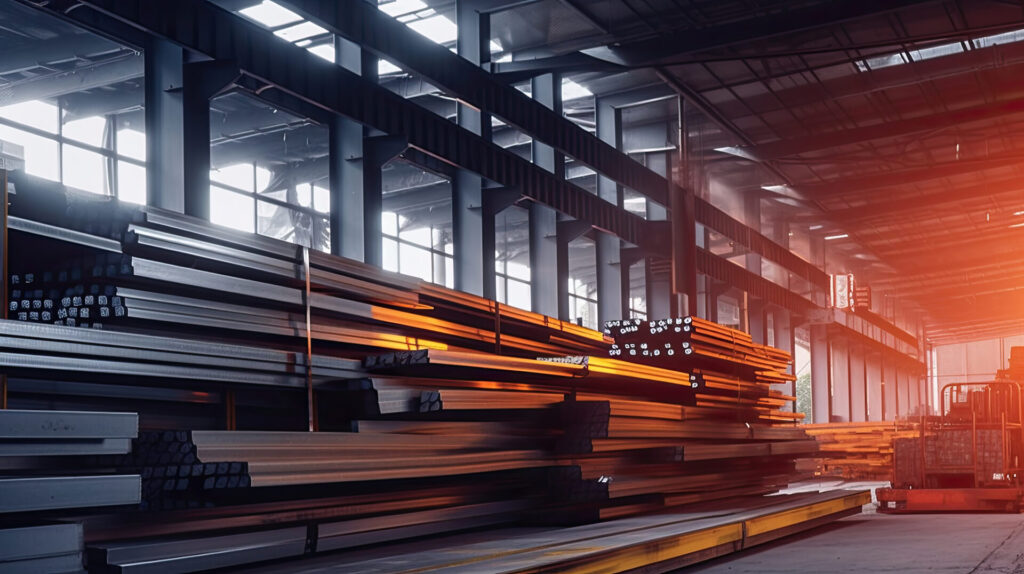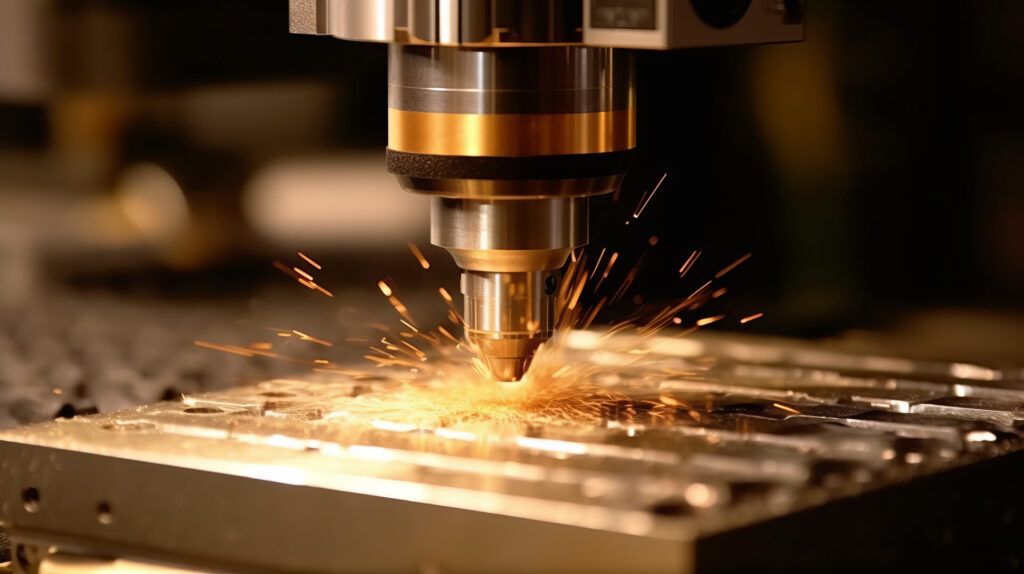When it comes to versatile and widely used materials in modern industries, aluminum takes the spotlight. Its light weight, corrosion resistance, and excellent conductivity have made it a favorite among engineers, builders, and manufacturers. Let’s dive into the fascinating world of aluminum, exploring aluminum grades, properties, and applications.
Grades of Aluminum
Aluminum isn’t just a one-size-fits-all material. It comes in a range of grades, each tailored for specific uses and scenarios. Aluminum grades vary in terms of strength, corrosion resistance, and other unique properties. Here are some of the most notable ones:
3003 Aluminum: The Trusty Workhorse
3003 aluminum is like the dependable workhorse of the aluminum world. Thus, applications that require high formability commonly use it because it has excellent corrosion resistance and moderate strength. This grade is a favorite for making kitchen utensils, storage tanks, and even intricate decorative pieces. Its versatility makes it a go-to choice for many.
6061 Aluminum: The All-Rounder
If there’s an aluminum grade that wears multiple hats with style, it’s 6061 aluminum. This alloy combines remarkable strength with good corrosion resistance, making it a great for structural components, automotive parts, and even marine applications. Aluminium’s popularity stems from its ease of welding and machining, which makes it a versatile material in the aluminium industry.
1100 Aluminum: The Reflective Star
1100 aluminum might not be the strongest of the bunch, but it boasts exceptional conductivity and reflectivity. Therefore people often use it for applications that require these unique properties, such as reflectors, heat exchangers, and electrical components. If you want to reflect light or transfer heat efficiently, 1100 aluminum is a great choice.
Which Aluminum Alloy is Strongest?
The quest for the strongest aluminum alloy often leads to the famous contenders: 3003, 6061, and 1100. While each has its strengths, determining the “strongest” depends on the context of use. 6061 aluminum stands out for its higher tensile strength compared to the other two, making it a preferred choice for heavy-duty structural applications. However, strength is just one factor; formability, corrosion resistance, and conductivity also play a crucial role in choosing the right alloy.
The 7000 series aluminum alloys are notable for their impressive strength-to-weight ratio. These alloys, primarily containing zinc, are highly durable and exhibit remarkable tensile strength.
The addition of zinc enhances their strength, making them ideal for applications requiring structural integrity like aerospace, military, and sports equipment. Heat treatments can further amplify their strength while maintaining low weight. In various scenarios, the 7000 series aluminum alloys are the strongest.
How Aluminum is Made: From Ore to Sheet
Have you ever wondered how aluminum goes from being a mineral to becoming those shiny sheets and bars we see in various products? Let’s take a dive behind the scenes:
1. Bauxite Mining: It all begins with bauxite, a reddish-brown rock that’s the primary source of aluminum. People mine this rock in various parts of the world, from Australia to Guinea.
2. Bayer Process: Next, the bayer process refines the mined bauxite to extract alumina, a white powder. This alumina serves as the feedstock for creating aluminum metal.
3. Hall-Héroult Process: In this electrifying process (literally), alumina is dissolved in molten cryolite and subjected to an electric current. This separates the oxygen from the aluminum, producing pure metal in the form of large blocks or ingots.
4. Rolling and Extrusion: These blocks are then rolled into sheets or forced through dies to create various shapes like tubes and bars. This step gives us the familiar aluminum sheets, tubing, and flat bars we use every day.
Aluminum Suppliers and Pricing: Navigating the Market
Now that we have explored the types of aluminum and how manufacturers produce them, let’s discuss how we source it. Aluminum suppliers work hard behind the scenes to ensure a steady supply of aluminum for industries far and wide. When considering suppliers, keep an eye on factors like reliability, quality assurance, and of course, pricing.
Aluminum pricing can be influenced by a multitude of factors, including global supply and demand, production costs, and market trends. Keeping a finger on the pulse of these elements can help you make informed decisions and optimize your procurement strategies.
For top quality service and exceptional quality aluminum materials, choose Millennium Specialty Alloys. Based in Kelowna, we offer exceptional customer service, product range and industry knowledge. So, contact us today for all your aluminum needs!
From the reflective charm of 1100 aluminum to the robust versatility of 6061 aluminum, the world of aluminum is a captivating blend of science and craftsmanship. Its diverse grades cater to a wide range of needs, whether you’re building an aircraft or creating intricate art pieces. Therefore, understanding the nuances of each grade empowers you to make the right choice for your project, ensuring optimal performance and longevity.
So, whether you’re exploring the best aluminum tubing for a new construction project or seeking the ideal aluminum flat bar for a creative endeavour, remember that aluminum’s myriad forms and grades offer a world of possibilities. Embrace the lightweight strength and endless potential that aluminum brings to the table – or rather, to your workbench.



